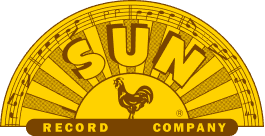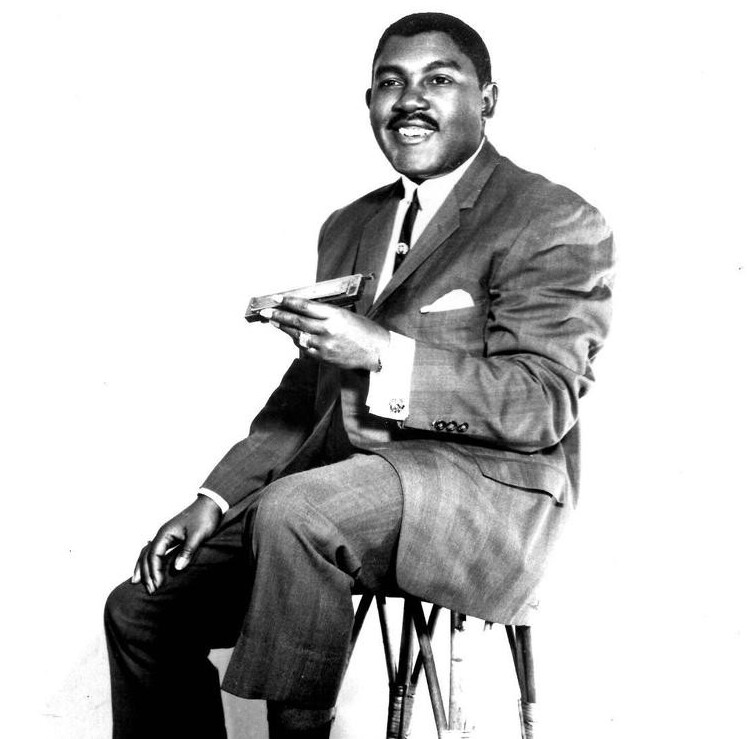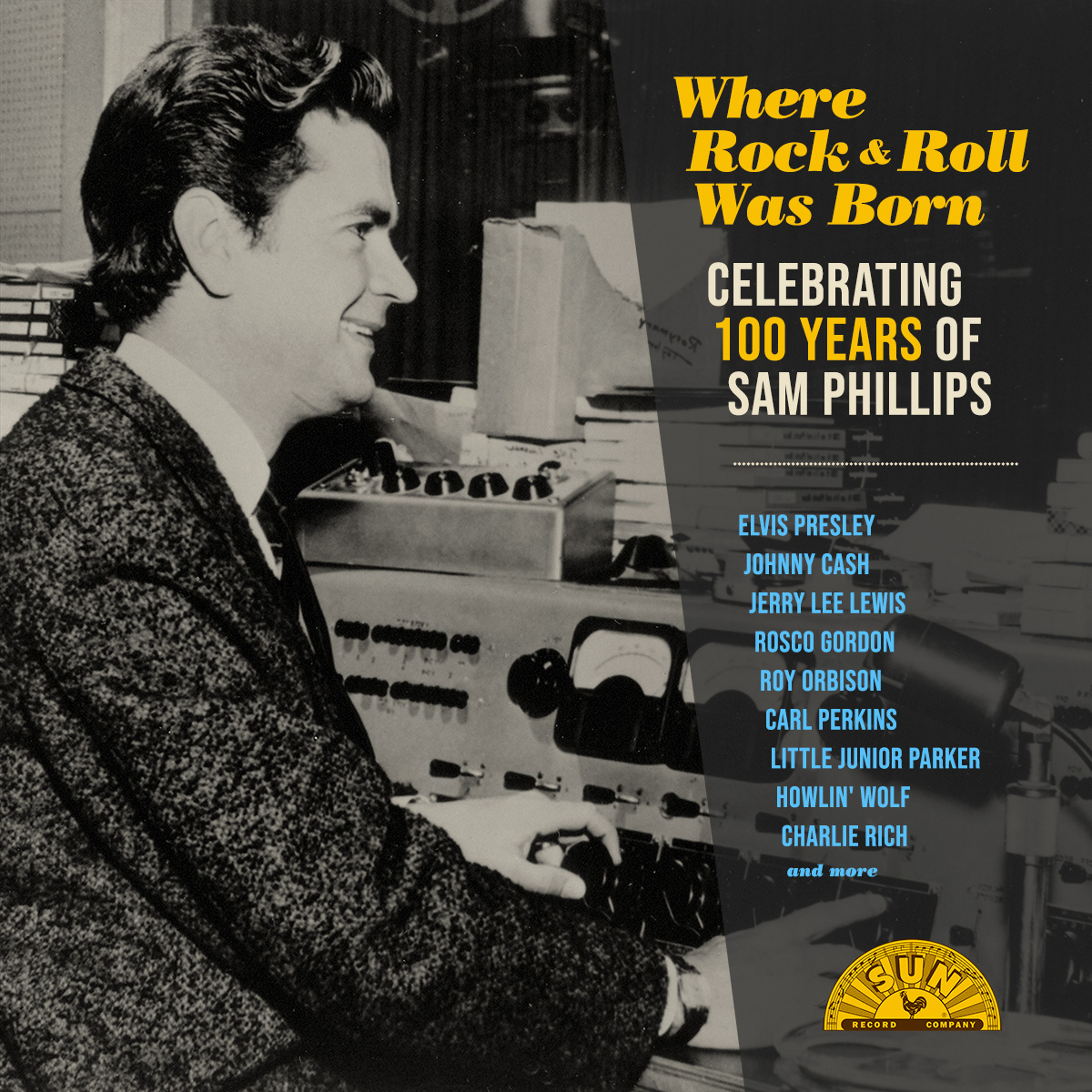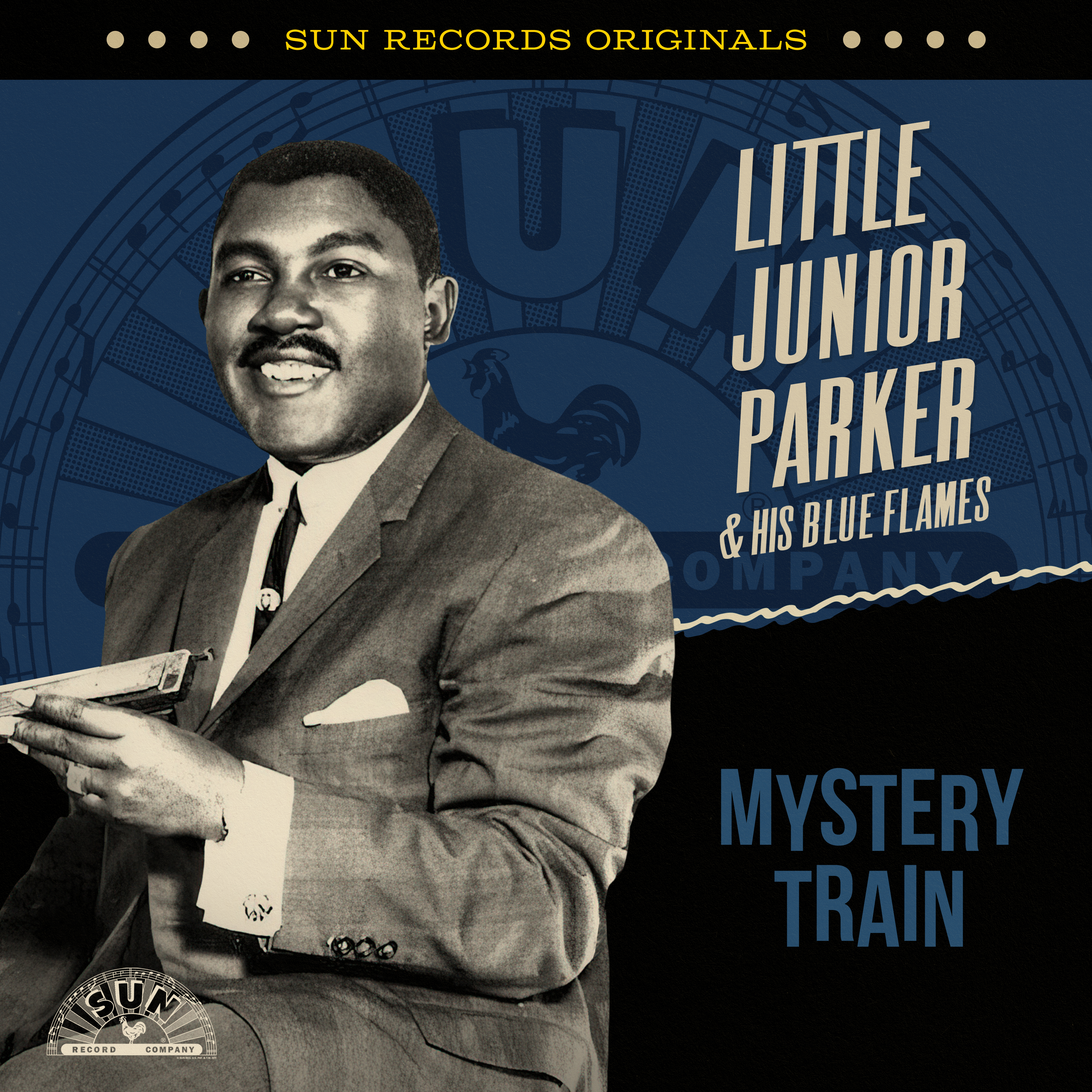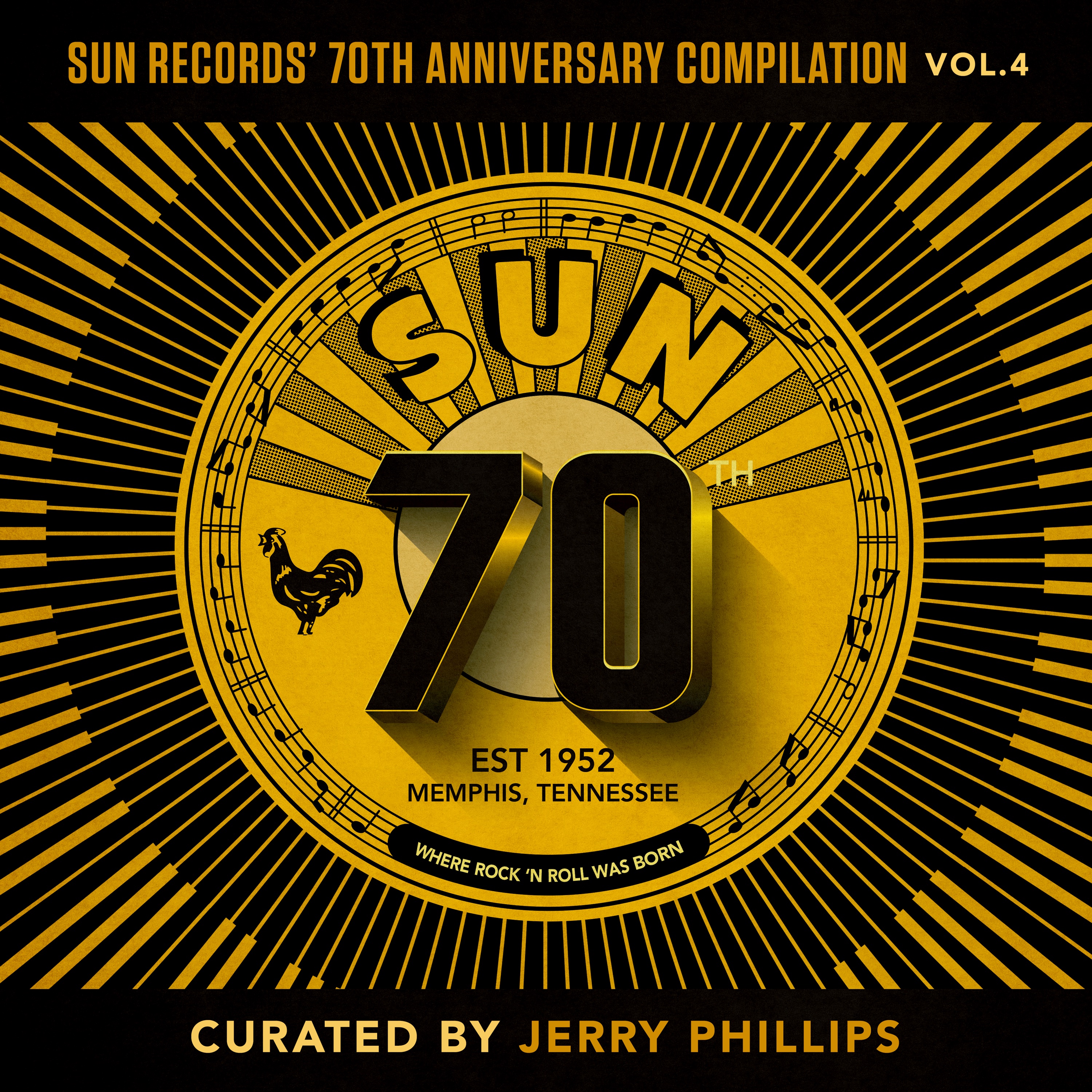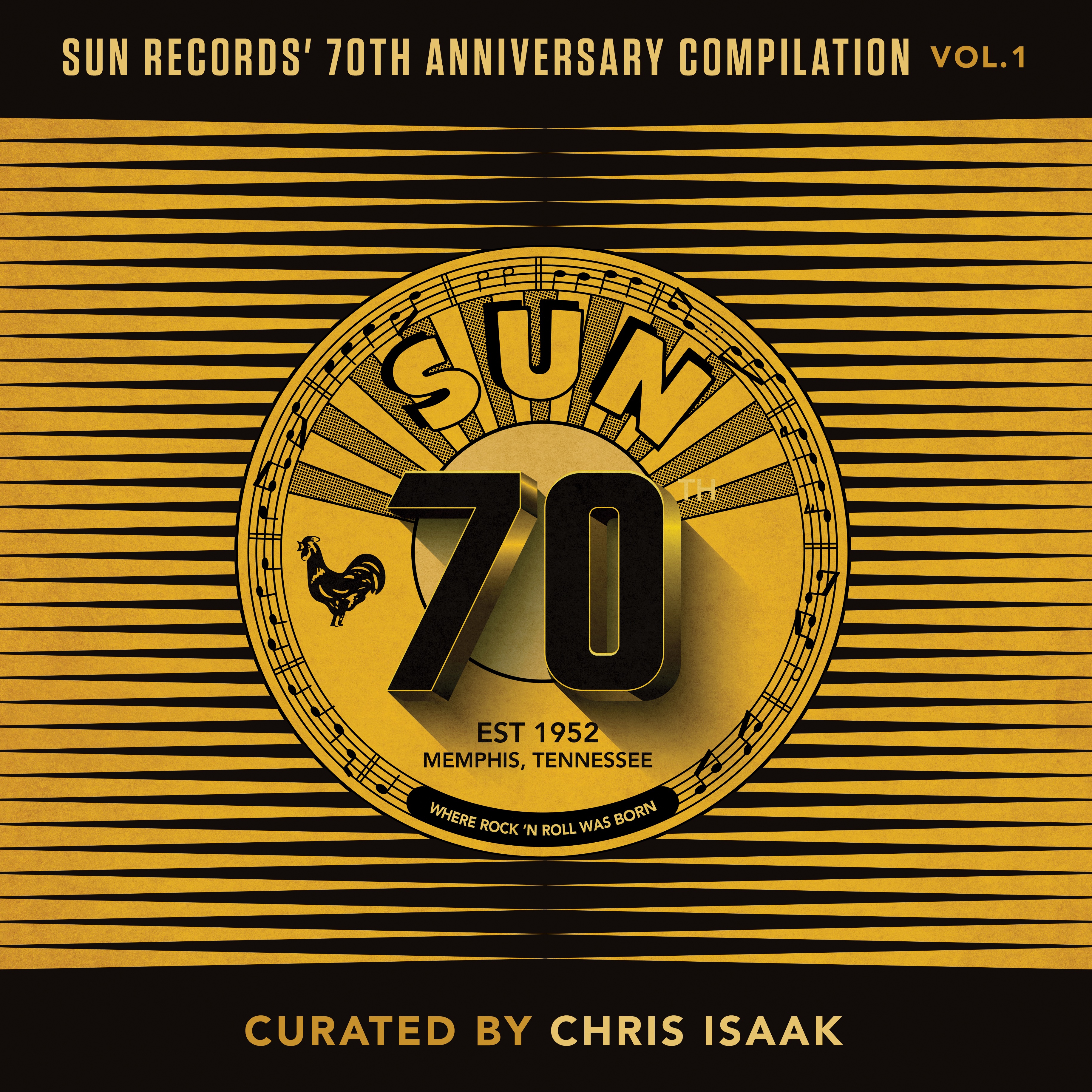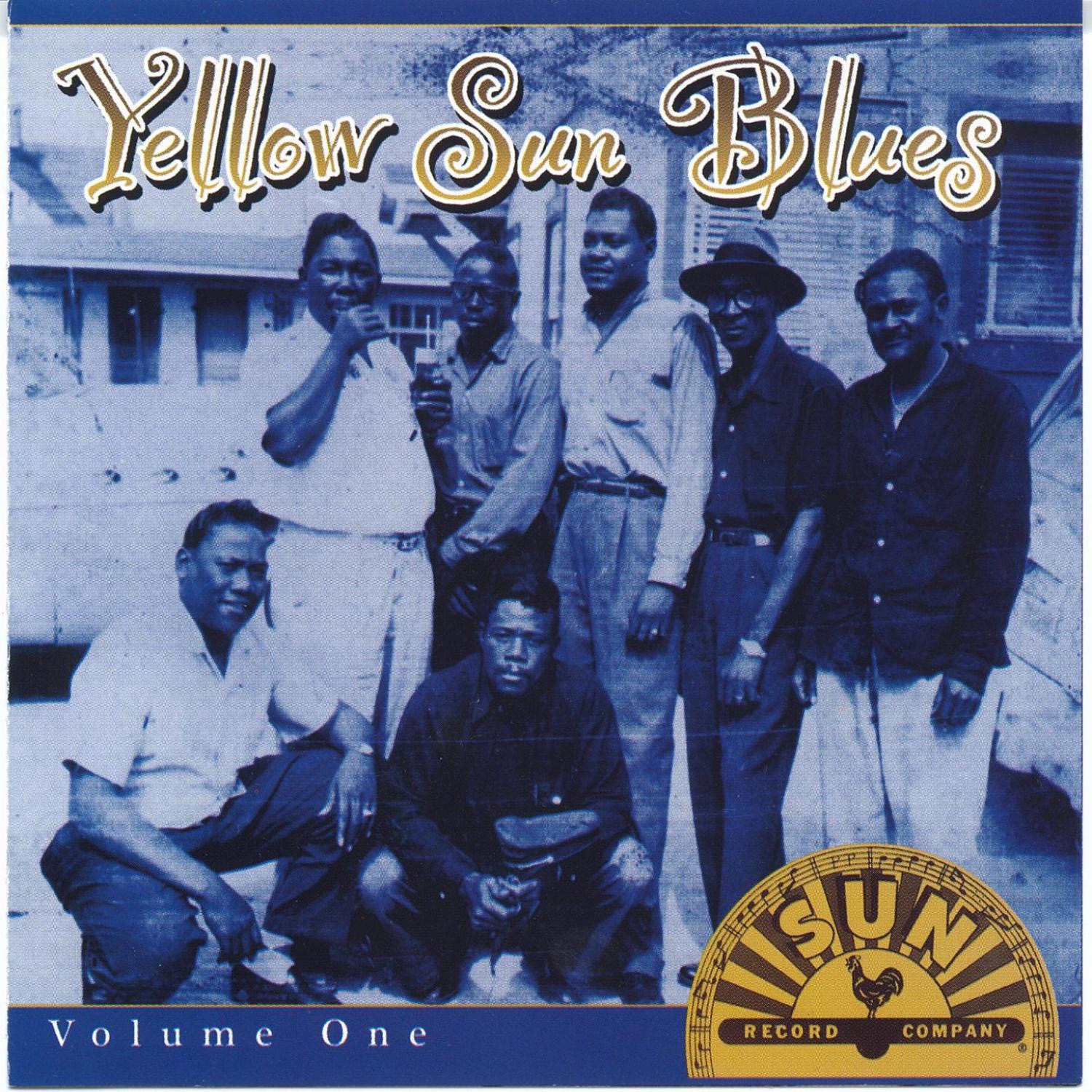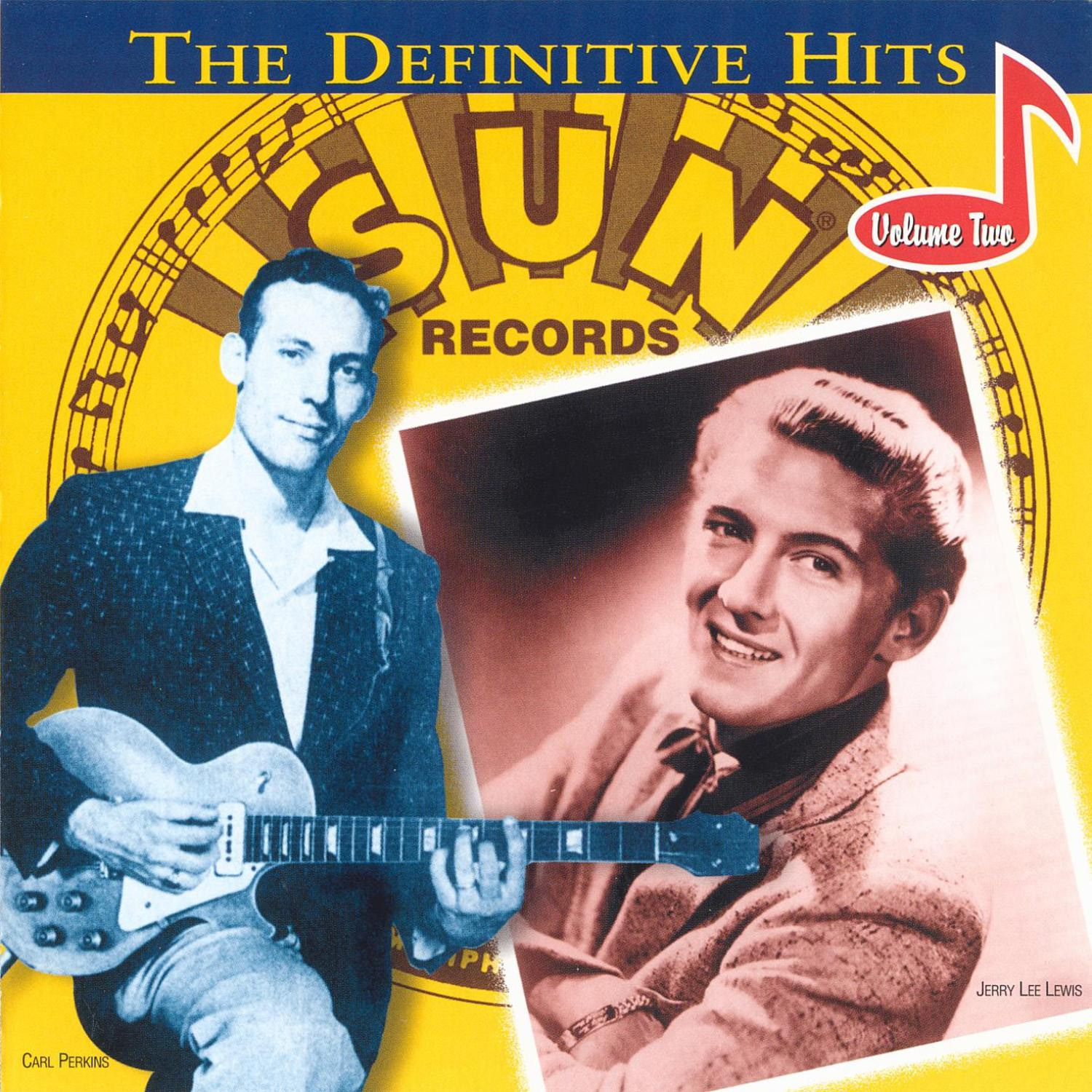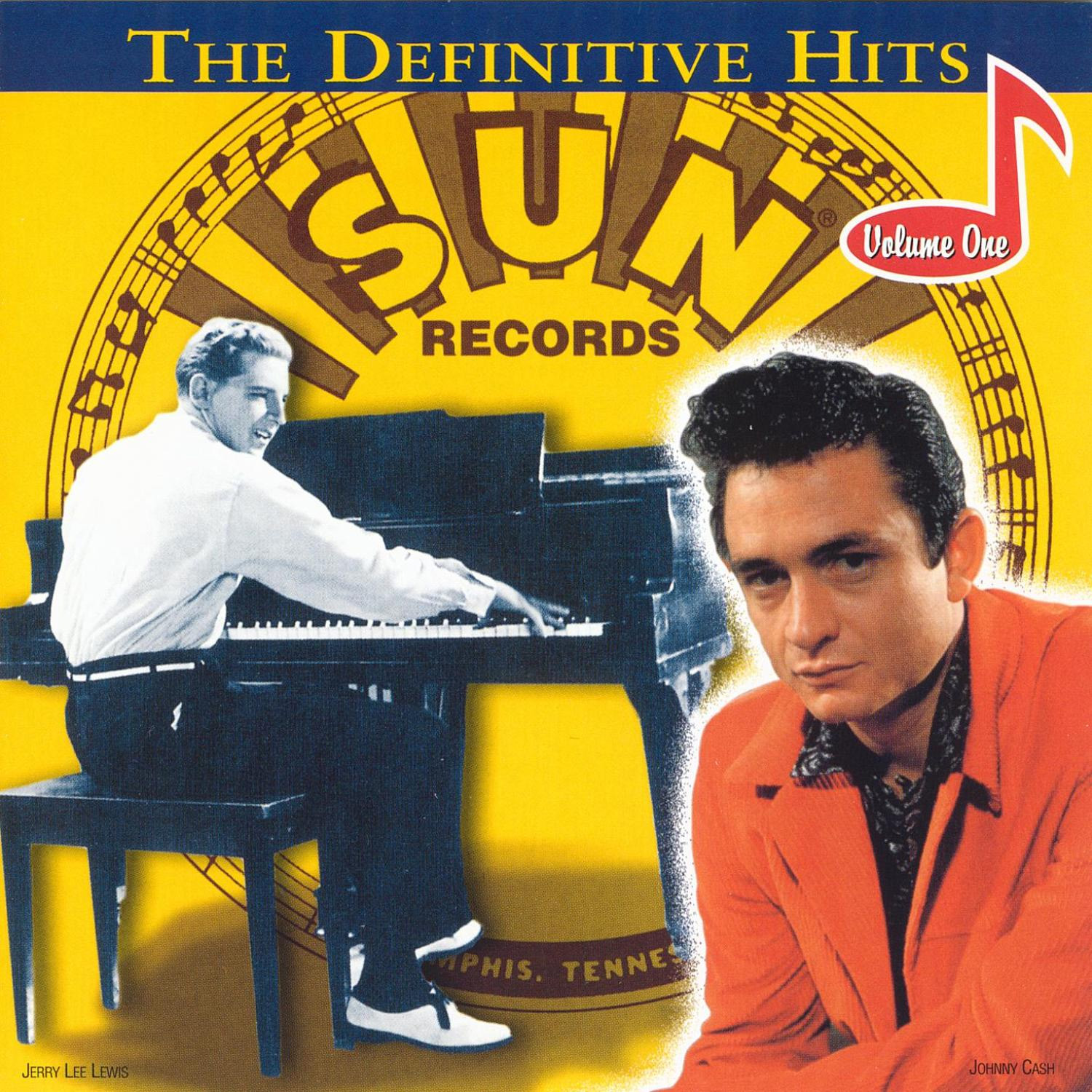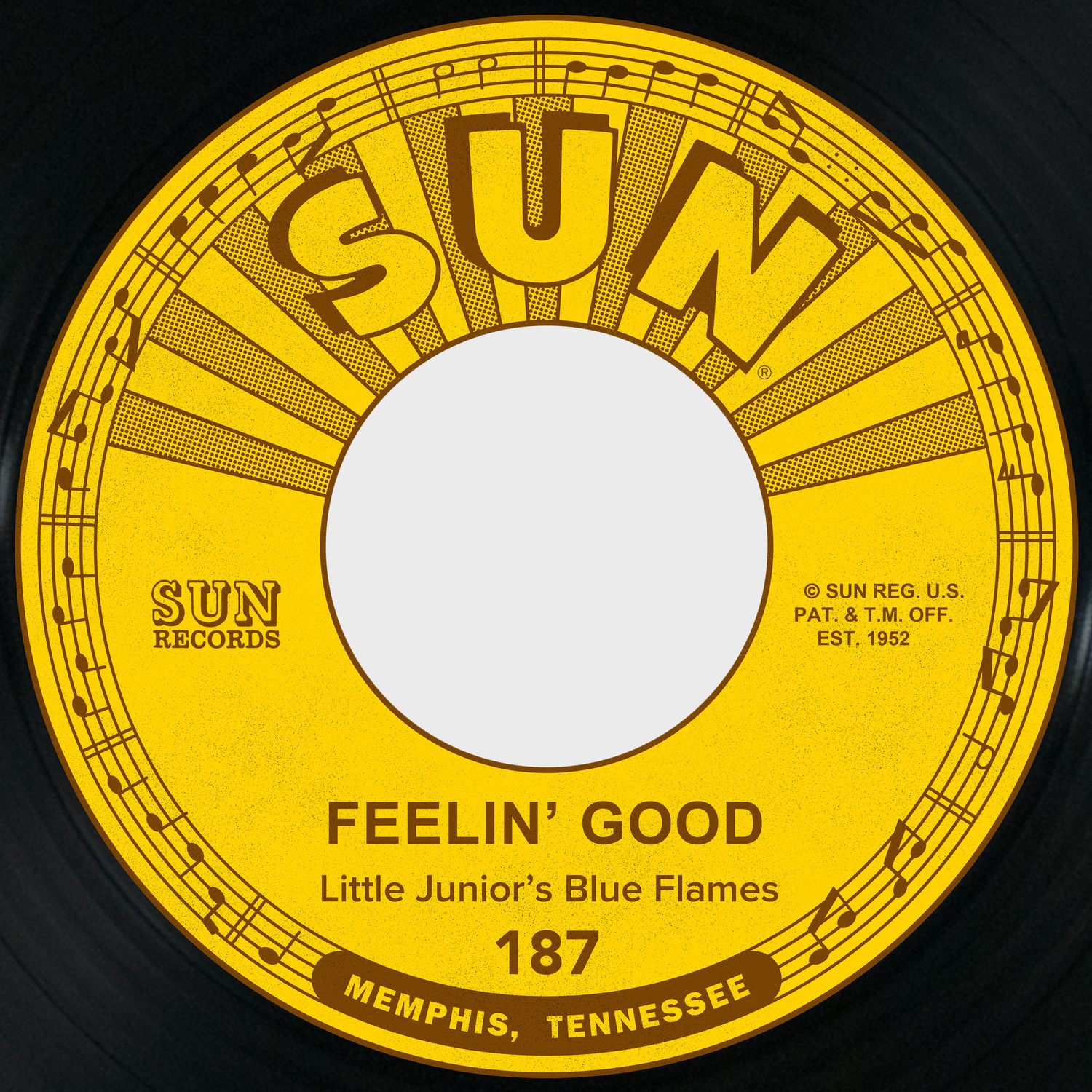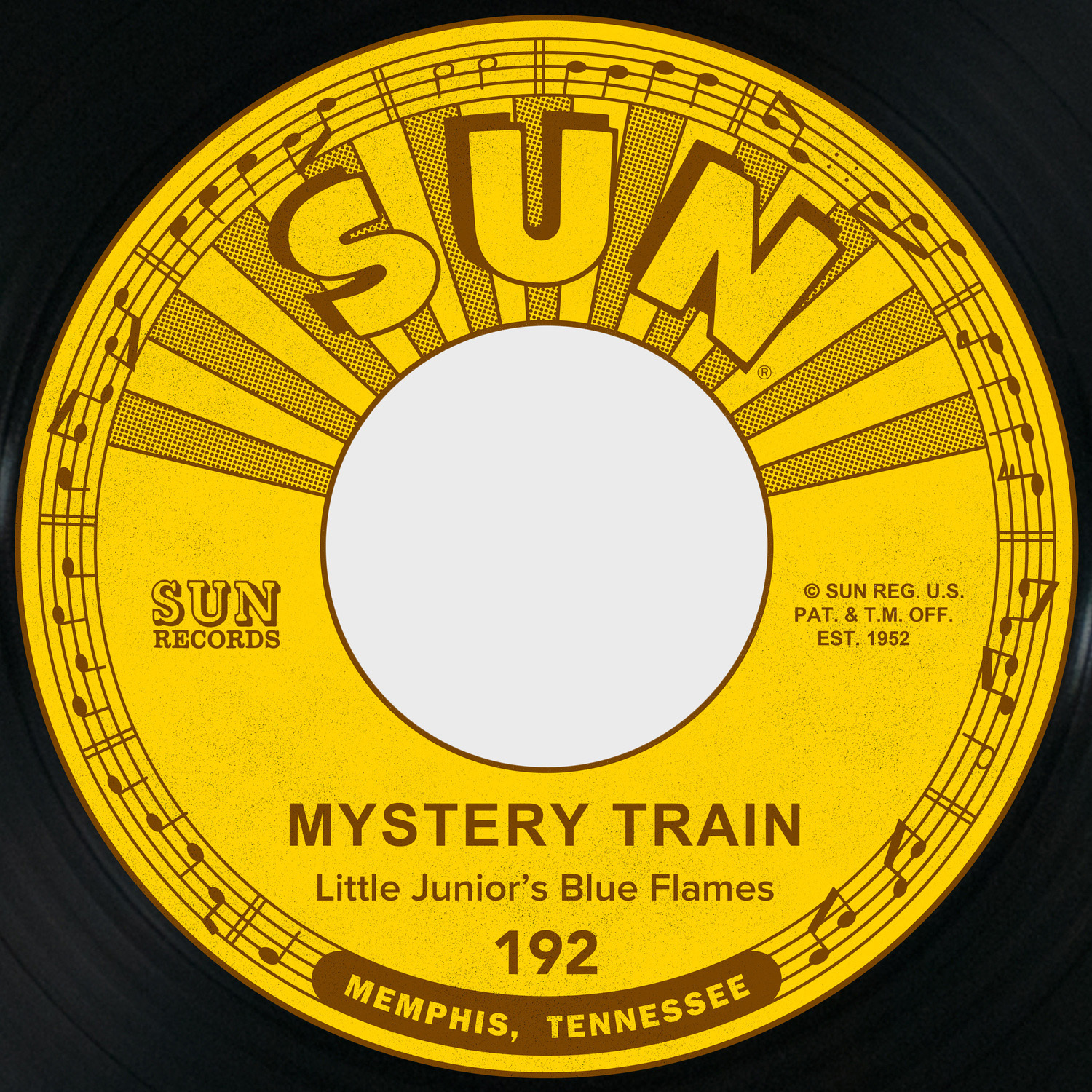Little Junior Parker Biography
Herman “Junior” Parker (March 27, 1932 – November 18, 1971)[1][2] was an American Memphis blues singer and musician.[3] He is best remembered for his voice which has been described as “honeyed” and “velvet-smooth”.[4] One music journalist noted, “For years Junior Parker deserted downhome harmonica blues for uptown blues-soul music”.[5] In 2001, he was inducted into the Blues Hall of Fame.[2] Parker is also inducted into the Mississippi Musicians Hall of Fame.[6]
There is some disagreement over the details of Parker’s birth, but most reliable sources now indicate that he was born in March 1932 at Eastover Plantation near Bobo, Coahoma County, Mississippi. He moved with his mother to West Memphis, Arkansas, during the 1940s.[1][2] Other birth dates in 1927 or 1932 have been suggested, and some research suggests that his name at birth was registered as Herbert Parker.[2]
He sang in gospel groups as a child and, beginning in his teenage years, played on various blues circuits. His biggest influence as a harmonica player was Sonny Boy Williamson, with whom he worked before moving on to work for Howlin’ Wolf in 1949. Around 1950, he began performing with a coalition of performers in Memphis known the Beale Streeters, which included Bobby “Blue” Bland and B.B. King.[7]
In 1951, Parker formed his own band, the Blue Flames, with the guitarist Pat Hare.[4] In 1952, Parker was discovered by talent scout Ike Turner for Modern Records. Turner recorded his first release, “You’re My Angel”/”Bad Women, Bad Whiskey,” with Turner playing piano and Matt “Guitar” Murphy on guitar.[8][9] This record brought him to the attention of Sam Phillips, and he and his band signed with Sun Records in 1953. There they produced three successful songs: “Feelin’ Good” (which reached number 5 on the US Billboard R&B chart), “Love My Baby,” and “Mystery Train“, a cover version of which was recorded by Elvis Presley.[4] For Presley’s version of “Mystery Train”, Scotty Moore borrowed the guitar riff from Parker’s “Love My Baby”, played by Pat Hare.[10] “Love My Baby” and “Mystery Train” became rockabilly standards.[3]
Later in 1953, Parker toured with Bobby Bland and Johnny Ace, and also joined Duke Records. Parker and Bland headed the highly successful Blues Consolidated Revue, which regularly performed on the southern blues circuit.[11] He continued to have a string of hits on the R&B chart, including the smooth “Next Time You See Me” (1957); remakes of Roosevelt Sykes‘s song “Driving Wheel” (1961), “Annie Get Your Yo-Yo” (1962), Robert Johnson’s “Sweet Home Chicago“, Guitar Slim‘s “The Things That I Used to Do” (1963), and Don Robey‘s “Mother-in-Law Blues” (1956), plus his own “Stand by Me” (1961).
His success was limited after he left Duke in 1966. He recorded for various labels, including Mercury, Blue Rock, Minit, and Capitol. His final chart hit came in 1971 with “Drowning on Dry Land” on Capitol, which peaked at number 48 on the Billboard R&B chart.[11]
